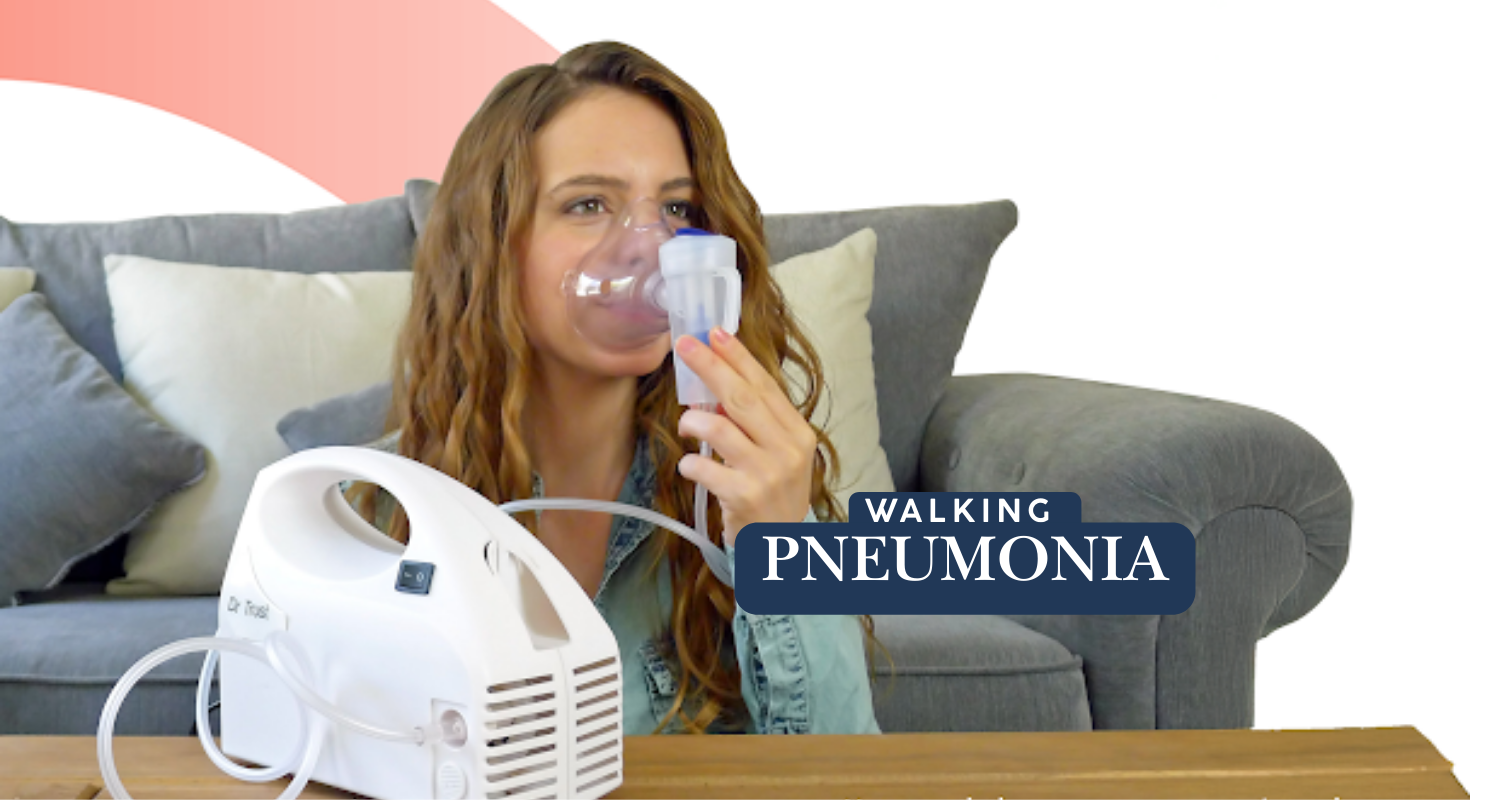Stroke is a significant global health concern, and the risk factors leading to it are often shaped by modern lifestyle choices. With the rising pressures of sedentary work, stress, and poor diet habits, stroke incidences are climbing worldwide. Research reveals that strokes affect millions annually, causing long-term disability and even death. However, recognizing the risk factors and taking preventive steps can make a considerable difference in reducing this risk.
A vital part of prevention involves regular health monitoring to track important health metrics and consult with healthcare providers proactively. With devices like Dr Trust health monitors, individuals can easily manage and share their health data with doctors, facilitating better diagnosis, prevention, and treatment.
"Atrial fibrillation (AF) and stroke are major health risks, often sharing similar factors. AF-related strokes are more severe, making early detection essential. Current studies focus on new predictors and ongoing debates on effective management, especially for AF patients on anticoagulants"
Key Risk Factors and Preventive Actions
You may not be able to change certain factors like age or family history, but many stroke risks are within your control. Below are the primary lifestyle-related risk factors and practical prevention tips.
High Blood Pressure
- Why It Matters: High blood pressure (hypertension) significantly raises your risk of stroke. In fact, it doubles or quadruples the risk by placing added stress on blood vessels, potentially leading to vessel rupture or blockage.
- Prevention Tips:
- Limit daily salt intake to under 1,500 mg.
- Incorporate fruits, vegetables, and whole grains into your diet.
- Exercise regularly, aiming for at least 30 minutes on most days.
- If necessary, consult with your doctor about medications.
Obesity
- Why It Matters: Obesity is a risk factor for hypertension and diabetes, both of which contribute to stroke risk.
- Prevention Tips:
- Aim for a BMI under 25, the threshold for a healthy weight.
- Start small—losing just 10 pounds can positively impact your health.
- Incorporate physical activity, such as daily walking or strength exercises, to manage weight effectively.
Diabetes
- Why It Matters: Diabetes damages blood vessels and significantly increases the risk of stroke by accelerating atherosclerosis.
- Prevention Tips:
- Regularly monitor blood sugar levels through diet, exercise, and medication.
- Work closely with your doctor to stay within your target range.
Smoking
- Why It Matters: Smoking thickens blood, increases arterial plaque, and hastens clot formation, increasing stroke risk.
- Prevention Tips:
- Quit smoking with support—counseling, patches, and professional guidance can increase your chances.
- Remember, quitting often requires multiple attempts, so stay motivated and seek support.
Atrial Fibrillation (AFib)
- Why It Matters: AFib, or irregular heartbeat, can cause blood clots, heightening stroke risk by up to five times.
- Prevention Tips:
- If you experience palpitations, shortness of breath, or fatigue, see a doctor immediately.
- Take blood thinners as prescribed to reduce the chance of clot formation
Physical Inactivity
- Why It Matters: Lack of exercise can lead to weight gain, high blood pressure, and diabetes, all of which are major stroke risk factors.
- Prevention Tips:
- Aim for moderate-intensity activities like brisk walking for at least 30 minutes, five days a week.
- Break up sessions into 10-15 minute intervals if time is tight, ensuring you stay active throughout the day.
Importance of Regular Health Monitoring
Regular health monitoring is a crucial aspect of stroke prevention. Monitoring blood pressure, blood glucose, and heart rhythms allows early detection of potential issues, such as hypertension or AFib, that can lead to stroke. At-home health monitoring solutions, like those offered by Dr Trust, make it easy to track and manage these vital signs. With features that allow data saving, analysis, and sharing, Dr Trust devices empower users to take control of their health.
By consistently tracking health metrics and adjusting lifestyle habits, individuals can detect early warning signs and consult their doctors with comprehensive health data, making prevention far more effective.















